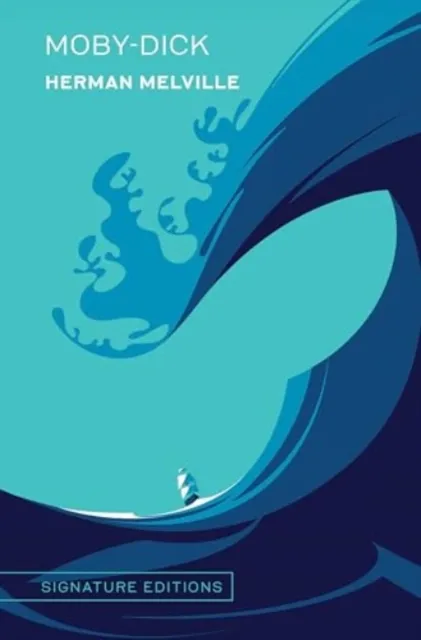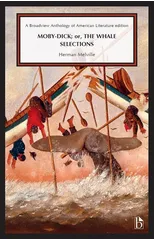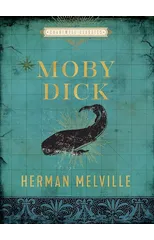Despite the early success of his tales of adventure in the South Seas, Herman Melville (1819–1891) suffered a reversal of fortunes with the 1851 publication of Moby-Dick. The great epic, now recognized as a masterpiece, was scorned by an uncomprehending nineteenth-century audience. Melville's preoccupation with metaphysical and philosophical issues and his use of symbols and archetypes foreshadowed elements of latter-day literature, and modern readers rejoice in his groundbreaking explorations of timeless questions. Along with excerpts from Moby-Dick, this anthology presents the complete text of Melville's classic of travel and adventure literature, Typee: A Peep at Polynesian Life. Additional features include the short stories "Bartleby the Scrivener," "The Paradise of Bachelors and the Tartarus of Maids," and "The Encantadas or Enchanted Isles."
Herman Melville
Herman Melville (1819-1891) was an American novelist, poet, and short story writer best known for his novel "Moby-Dick," a complex and symbolic work that explores themes of obsession, fate, and the struggle between good and evil. Melville's writing style is characterized by its rich symbolism, philosophical depth, and exploration of existential themes. His other notable works include "Typee," "Billy Budd," and "Bartleby, the Scrivener." Melville's contributions to literature have had a lasting impact on the development of American literature, particularly in the genre of the novel.




